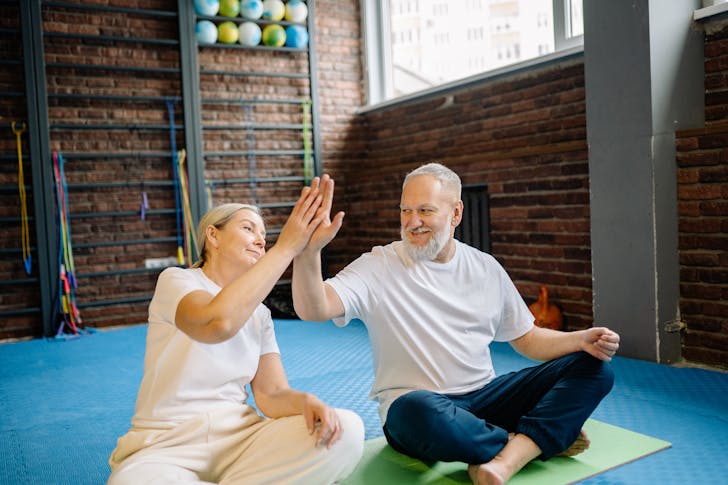Aging is not just about getting older, as many people think. It is about how fast your body wears down over time. A new study shows that moderate zinc intake could actually slow that process, and if you throw in some regular exercise, the results get even better.
But it comes with a catch: Too much zinc can do the opposite and speed up aging.
Essentially, zinc is an anti-inflammatory mineral. That matters because inflammation is a big driver of aging. It is the hidden fire behind wrinkles, slower thinking, and a higher risk of disease. Scientists already know that anti-inflammatory diets help with brain aging and extend quality of life.
What Zinc Does to Your Body
The body doesn’t make zinc, so you have to get it from food or supplements. You don’t need a lot. Just 8 mg a day for women and 11 mg for men. But it does a lot for such a small amount. Zinc helps repair cells, keeps your immune system in check, and supports healthy DNA. All of these things are tied to how well or how fast you age.

Yan / Pexels / Biological aging is different from your birthday count. It tracks how fast your body is actually aging, using things like blood markers and cell health.
Researchers now use it to figure out what really works when it comes to aging more slowly.
A Deeper Look at the Study
In this new study, researchers from China wanted to know if zinc could help slow biological aging, and if regular exercise made the effect stronger. They pulled data from the UK Biobank, a giant health database with info on over half a million people.
For this study, they looked closely at nearly 69,000 people who had enough data to measure biological age. They split participants into two groups: those who got zinc and those who didn’t. Everyone was around 56 years old on average. The zinc group had a higher percentage of women, but other factors were similar.
Measuring Zinc and Movement
The zinc intake was based on diet and supplement records. They compared how much each person got with the recommended daily amounts and capped it at 40 mg, which is the safety limit. Anything more than that is considered too much.
Exercise was also factored in. The World Health Organization says you need at least 600 METs per week to be considered active. That is about 150 minutes of walking, biking, or anything that gets your heart rate up. Participants who met these standards were tagged as "active" for the study.

Freepik / The study adjusted for things that can mess with the results, like BMI, smoking, alcohol, income, and even sleep issues.
Slowing Down the Aging Process
Researchers used a tool called ENABL Age to calculate biological aging. It is one of the best ways to measure how fast or slow your body is aging based on your blood markers and health status. In fact, their biological age was delayed by about 0.11 years.
It might not sound like much, but when it comes to aging, every bit counts. The risk of disease, mental decline, and other age-related problems often ramps up fast. Even a small slowdown can mean better health for longer.
However, too much zinc actually sped up aging. People who went over the 40 mg daily limit saw an acceleration in biological age by nearly seven years.
